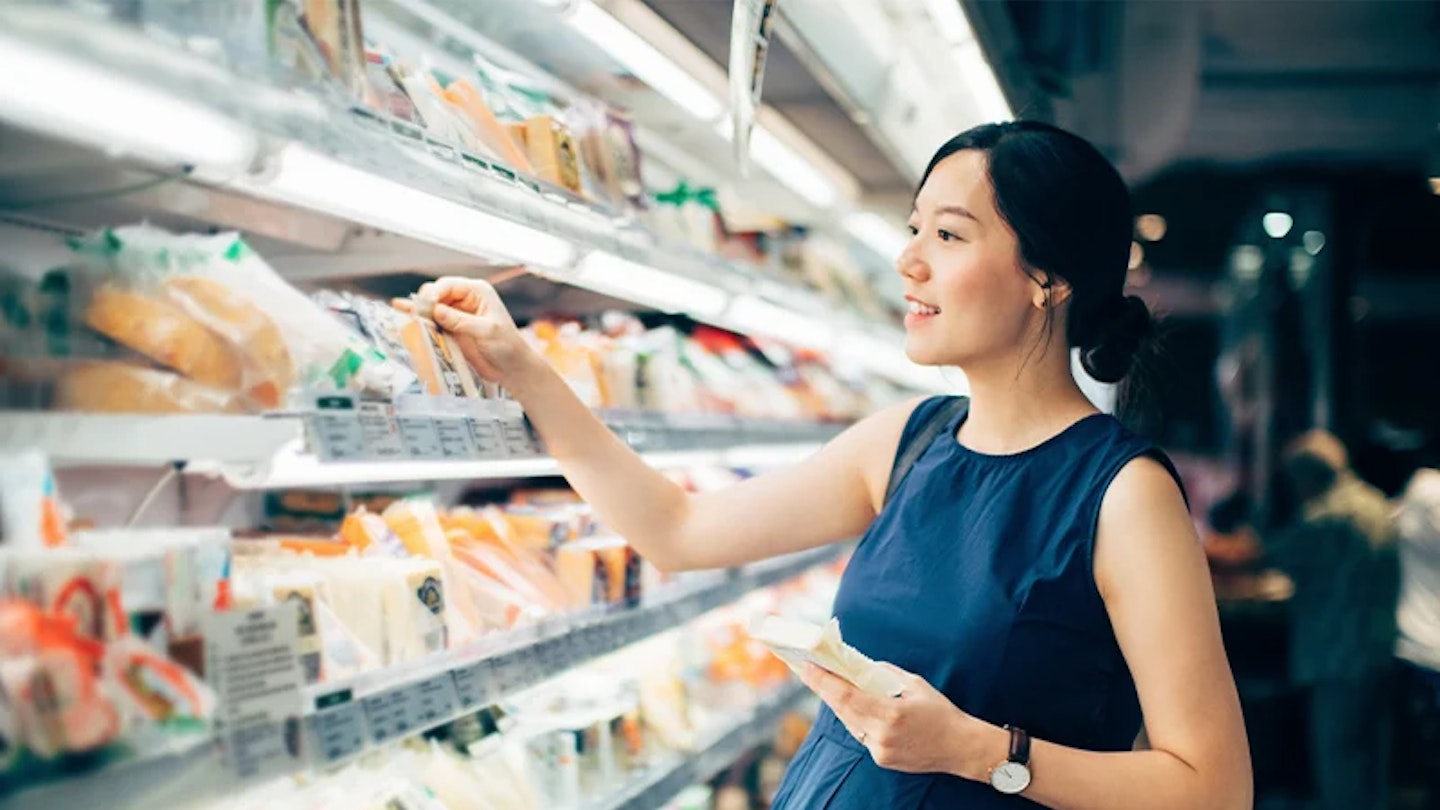We all love a bit of cheese from time to time, and if you've got a craving for some Cheddar on crackers or a delicious mozzarella salad, you might be wondering if it's safe to eat during pregnancy.
Turns out tucking into cheese when you’re expecting can sometimes be a little complicated because of the risk of listeria - a bacteria that’s present in certain types of cheese.
Listeria is dangerous during pregnancy as it can cause food poisoning.
Fitness, wellness guru and nutrition expert Penny Weston says, ‘Listeriosis is a rare infection caused by bacteria called listeria. It usually goes away on its own, but can cause serious problems if you're pregnant or have a weak immune system. There’s a small chance it can lead to miscarriage, stillbirth or make a newborn baby poorly. Listeria can infect the placenta, the amniotic fluid, and the baby, and can cause miscarriage or stillbirth. Infected babies who survive are likely to be born prematurely.’
Luckily, there's still plenty of fromage safe to eat when you're pregnant - we’ve picked 15 of the best…
Which cheese is safe to eat during pregnancy?
All hard cheeses are safe to eat during pregnancy as well as some soft cheeses made with pasteurised milk. Below we've rounded up some of our favourite cheeses which you can still enjoy while you're pregnant.
<br>
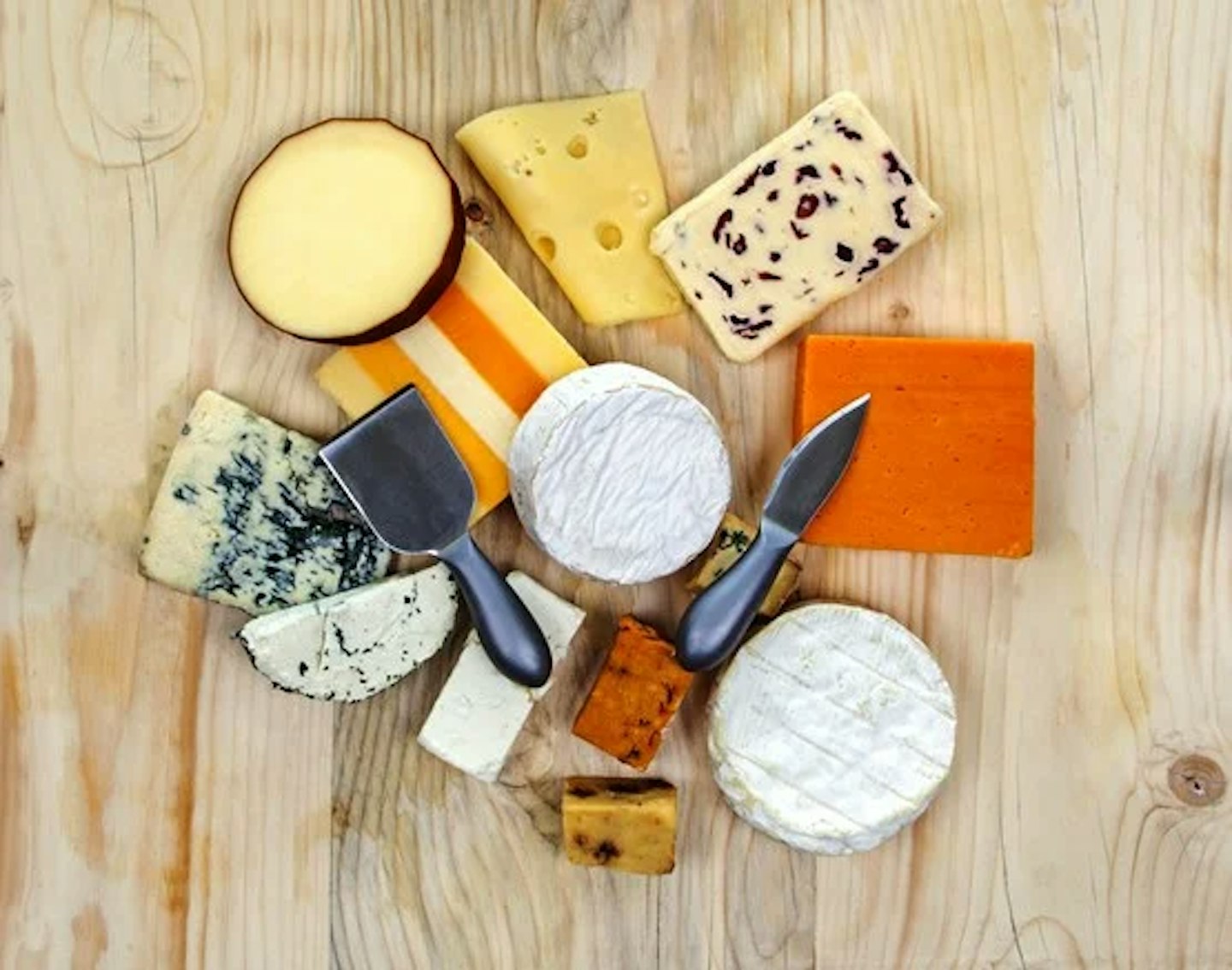 1 of 15
1 of 15Double Gloucester
A hard, orange cheese, Double Gloucester is a great alternative to Cheddar and grating it into cheese sauces or macaroni cheese adds a bit of colour.
You could also mix some into this Cauliflower Cheese recipe.
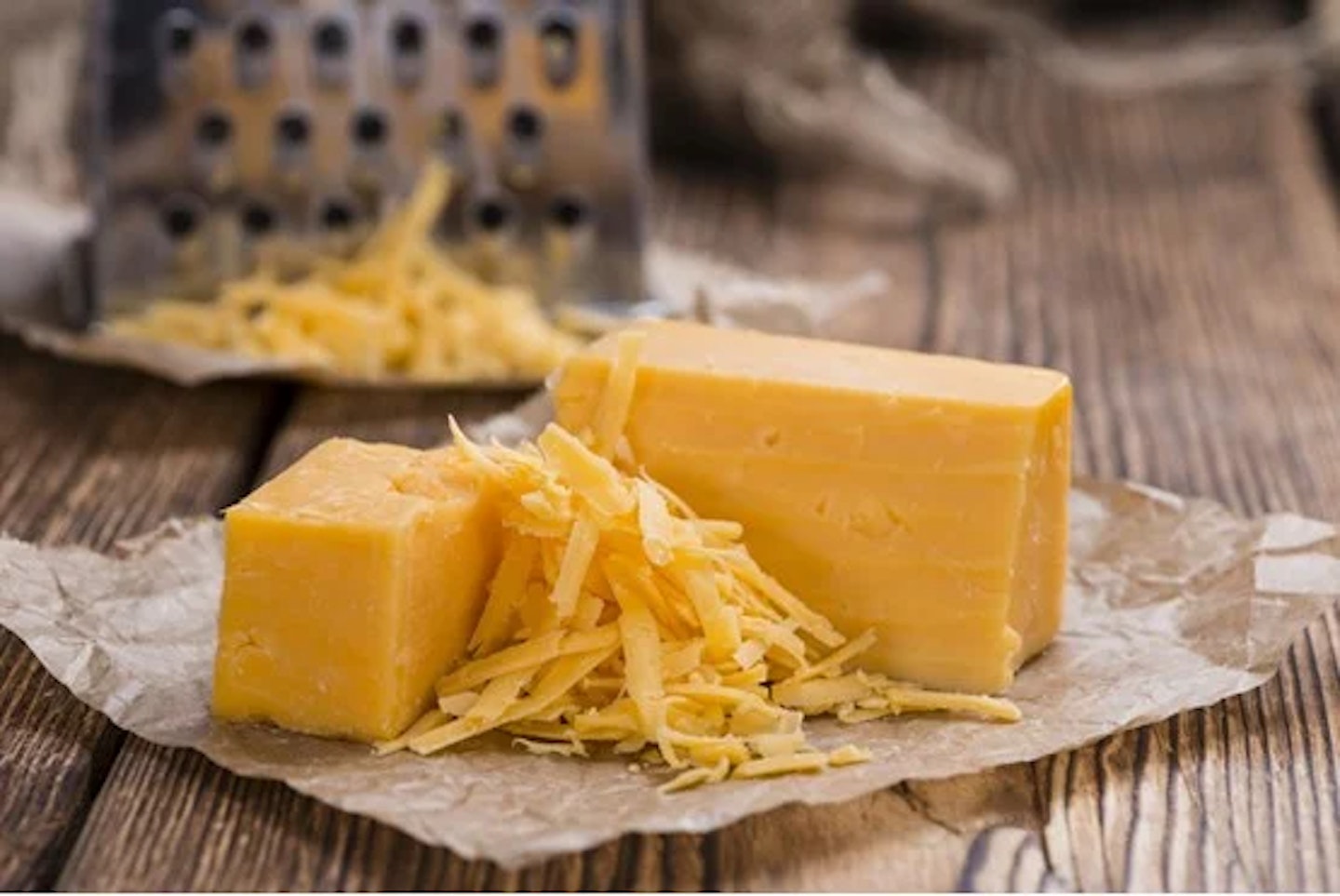 2 of 15
2 of 15Cheddar
The crumbly, creamy tanginess of a good Cheddar can make all of life’s little problems disappear, especially when it’s grated liberally over bread and toasted.
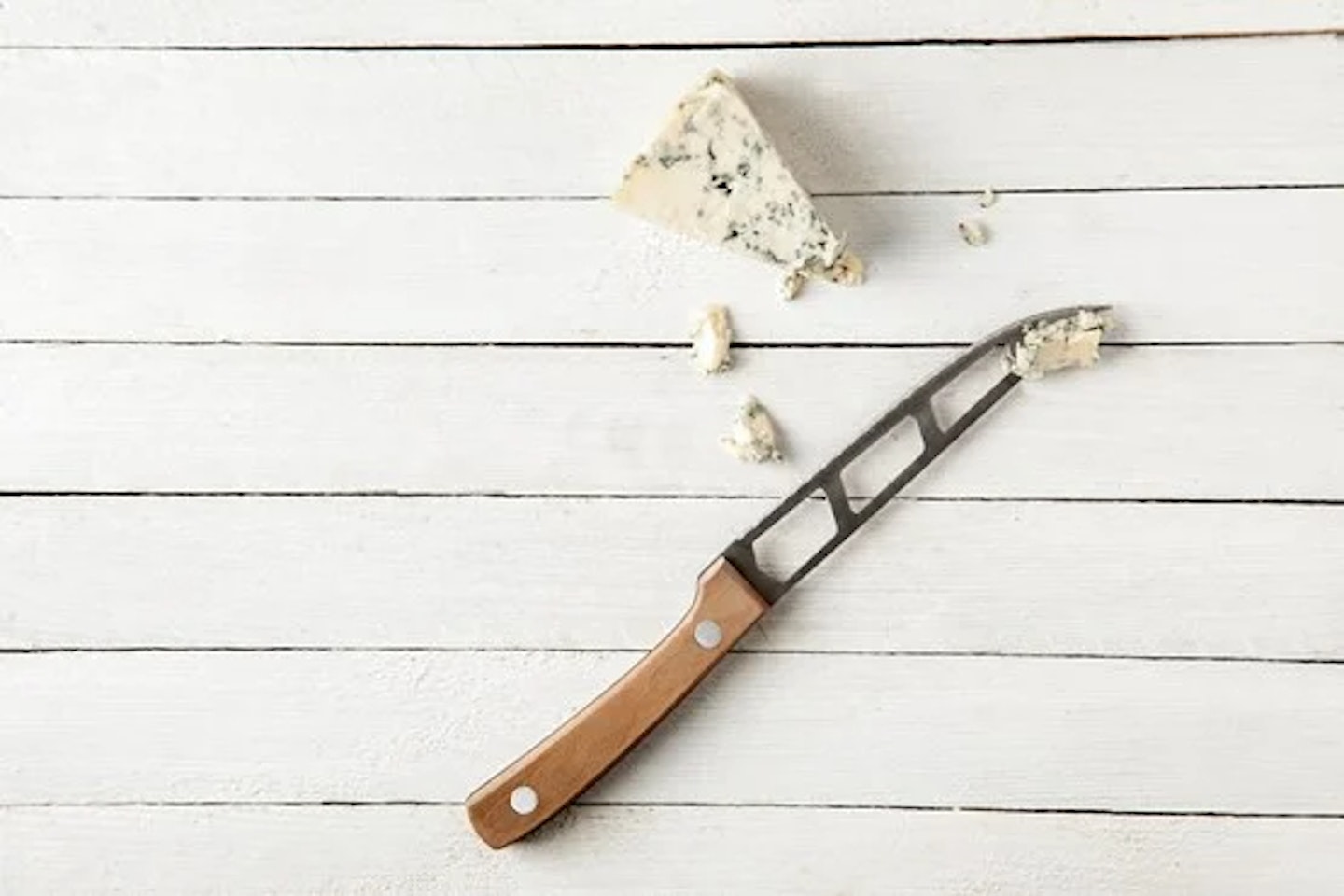 3 of 15
3 of 15Stilton
Despite being a blue cheese, Stilton is actually safe to eat in pregnancy because it’s a hard cheese, which doesn't contain as much water as soft cheeses, so bacteria (such as listeria) are less likely to grow in them.
However, steer clear of soft blue cheeses such as Gorgonzola and Roquefort unless cooked thoroughly.
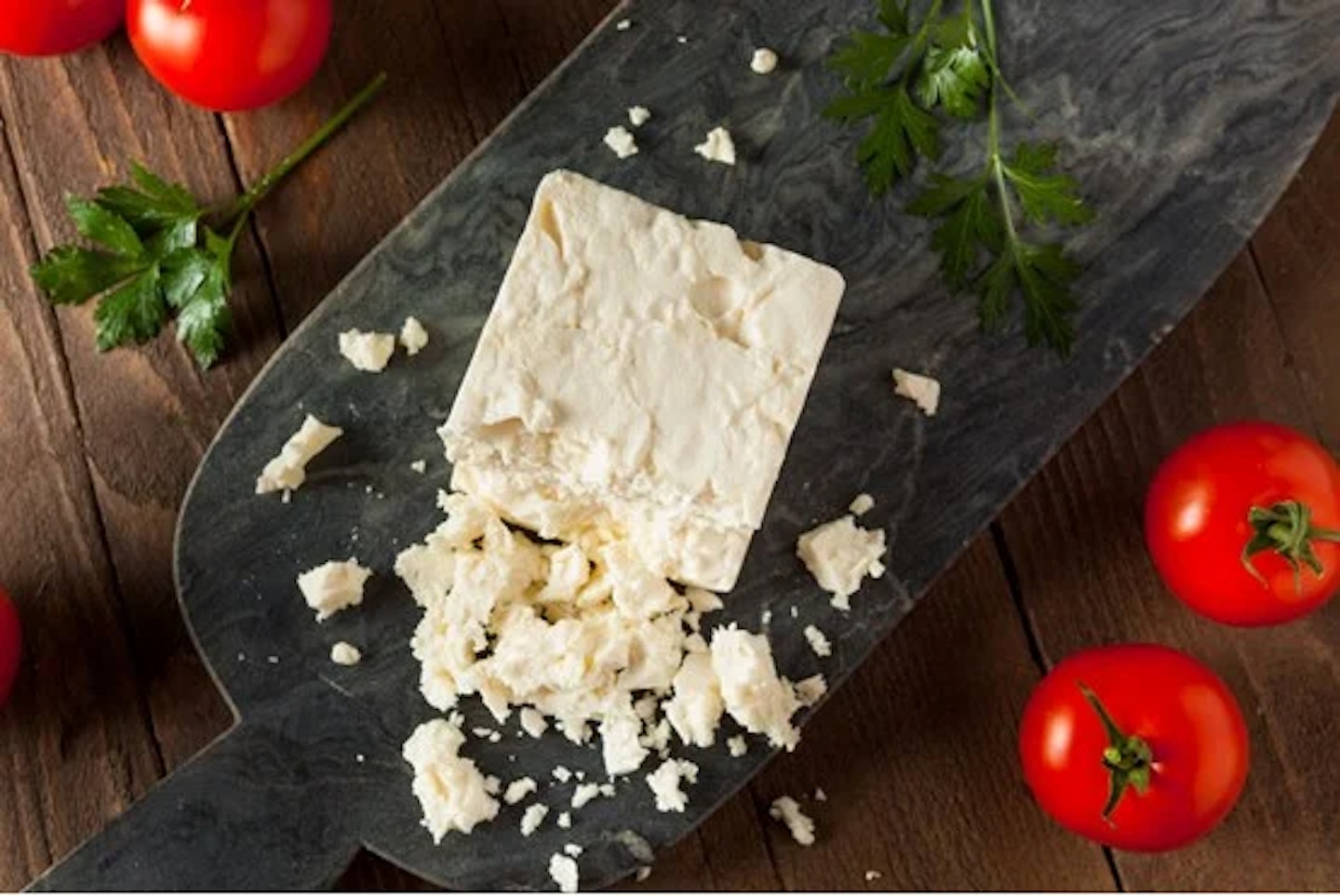 4 of 15
4 of 15Feta
Made from a mixture of sheep’s and goat’s milk, feta originated from Greece and is used regularly in Mediterranean cooking.
It’s a rich source of vitamin B12, which you need in pregnancy to aid the growth and development of your baby.
For a healthy, tasty lunch, try this Feta, Mint, Lentil And Pistachio Omelette recipe.
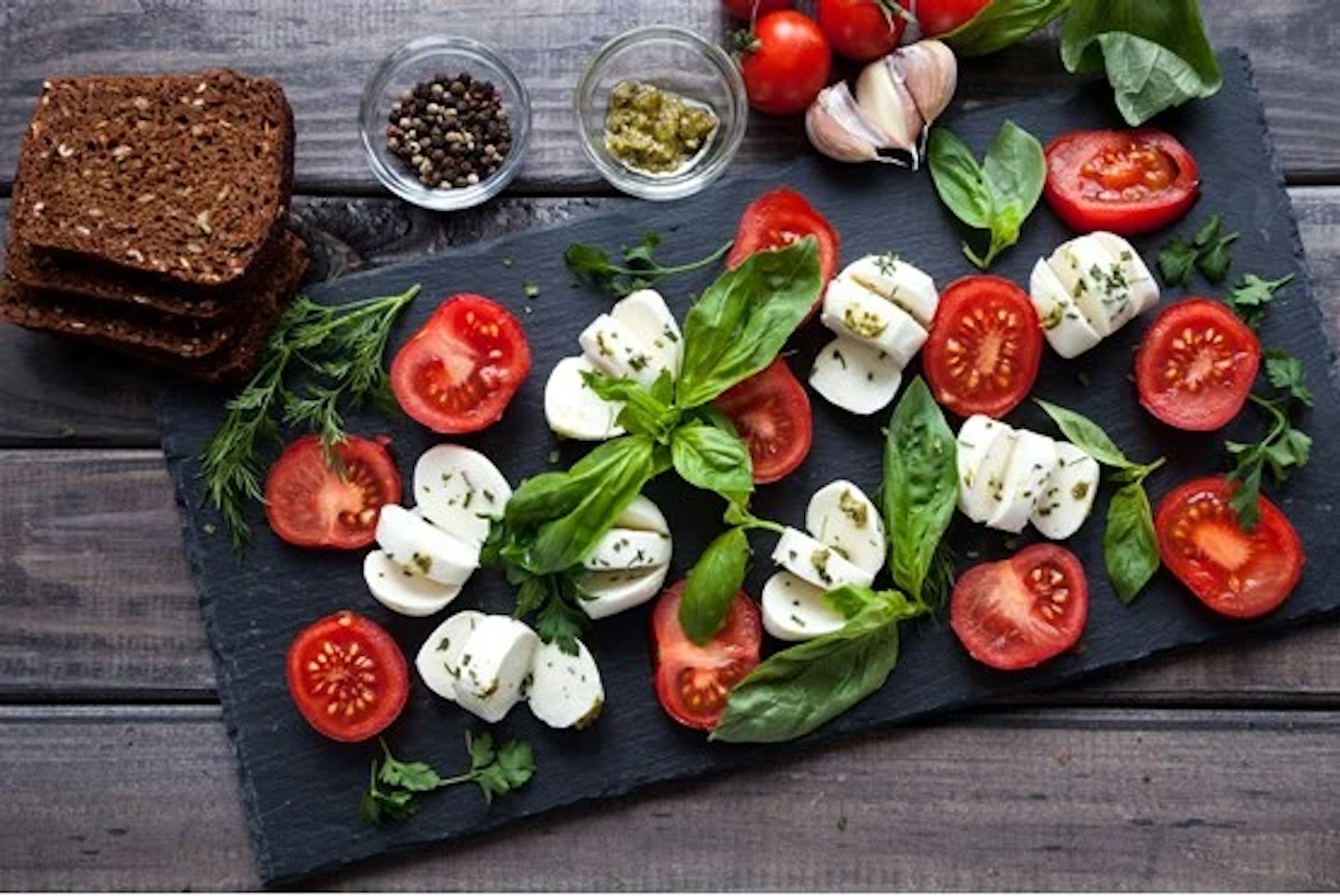 5 of 15
5 of 15Mozzarella
So long as mozzarella is made from pasteurised milk, it’s fine to eat in pregnancy.
Add to pizzas, slice it over the top of lasagne or pasta dishes or serve cold with tomatoes and basil. We love it in this Mediterranean Vegetable And Mozzarella Bake.
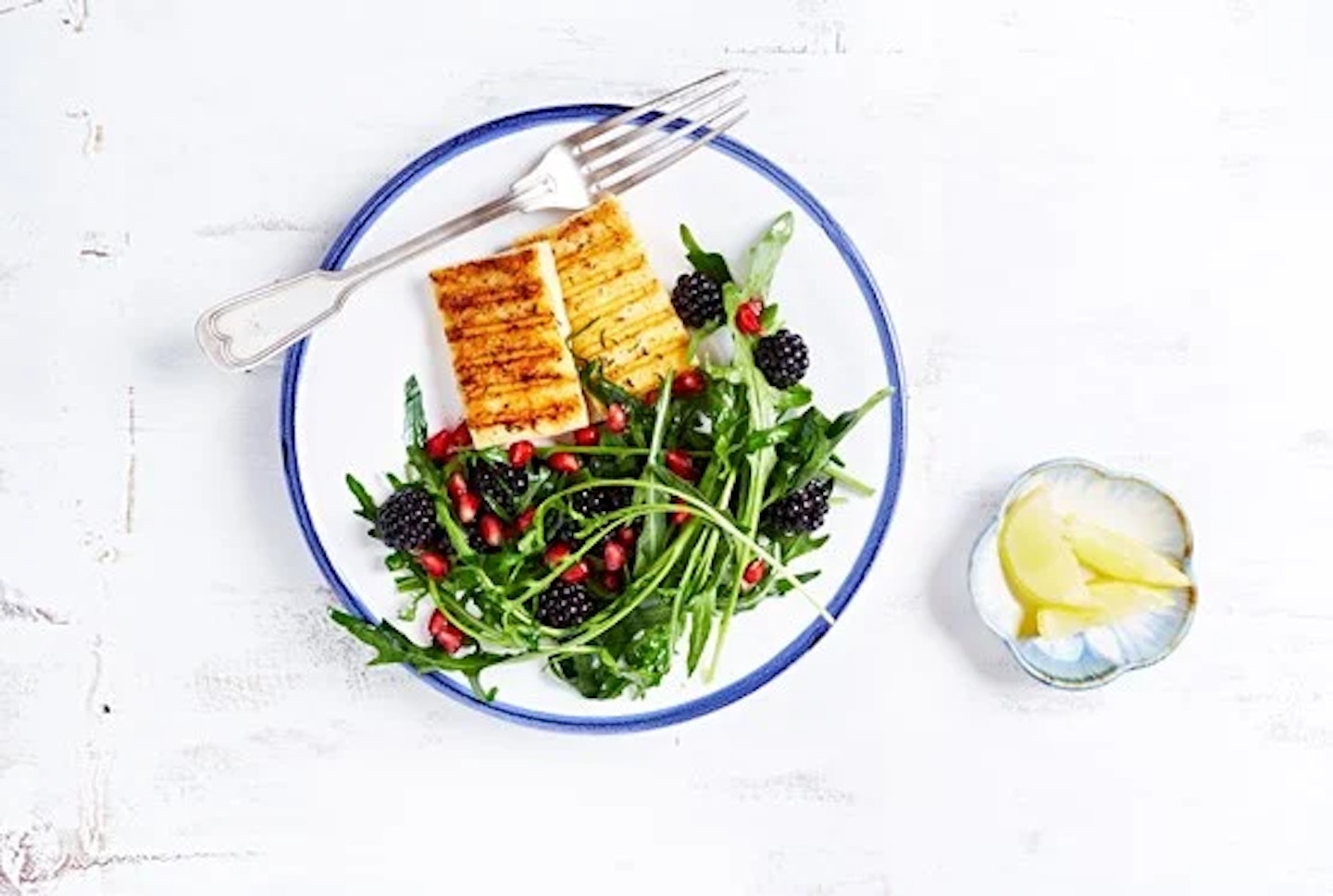 6 of 15
6 of 15Halloumi
With it’s firm, springy texture, halloumi can be grilled or fried while still retaining its shape. Ideal for adding to salads such as this Halloumi, Asparagus & Pomegranate Quinoa Salad.
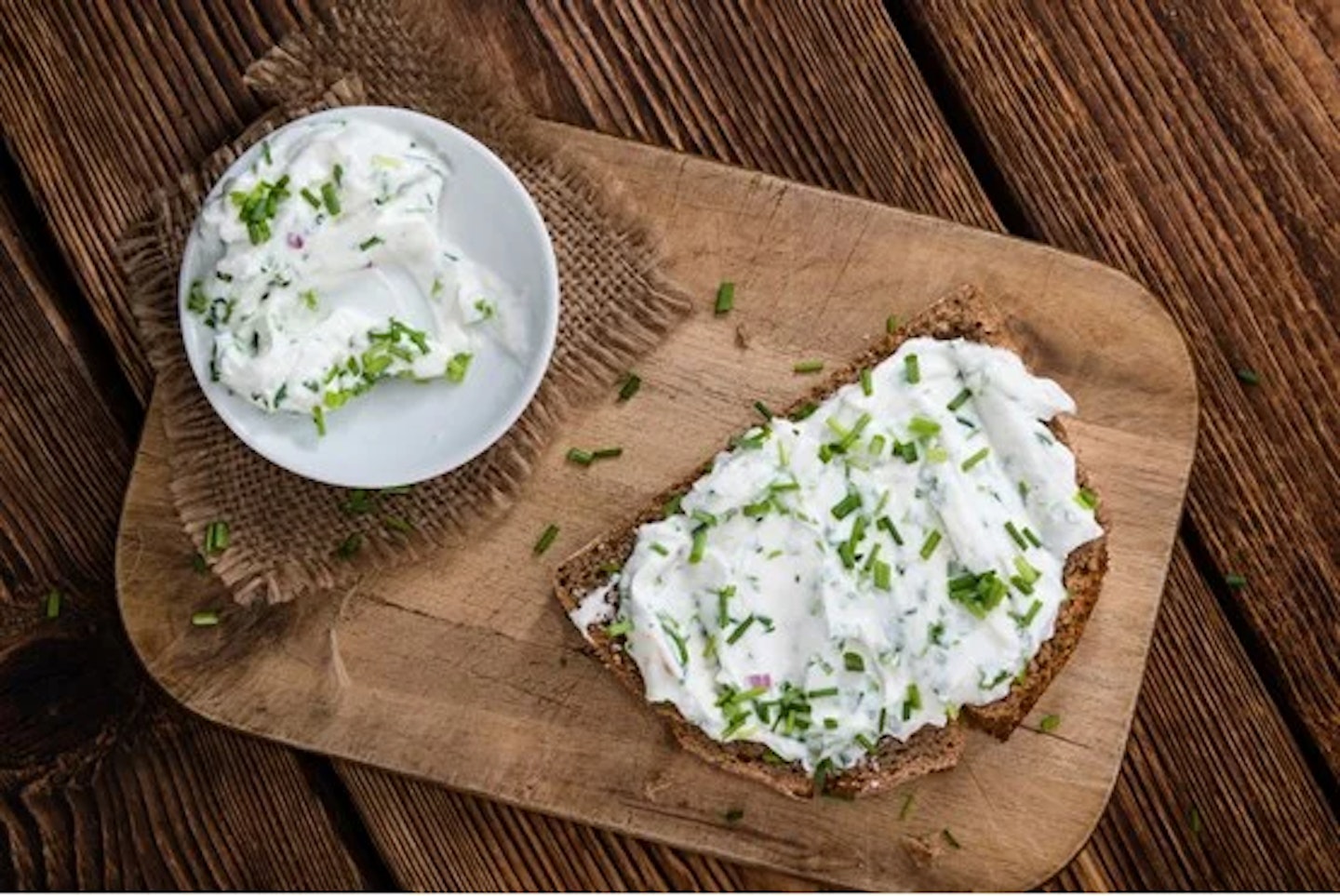 7 of 15
7 of 15Soft cheese
Cheese spreads such as Philadelphia are safe to eat in pregnancy as they’re made with pasteurised milk. As well as adding to sandwiches, it’s great on toast and topped with tomatoes for a tasty breakfast.
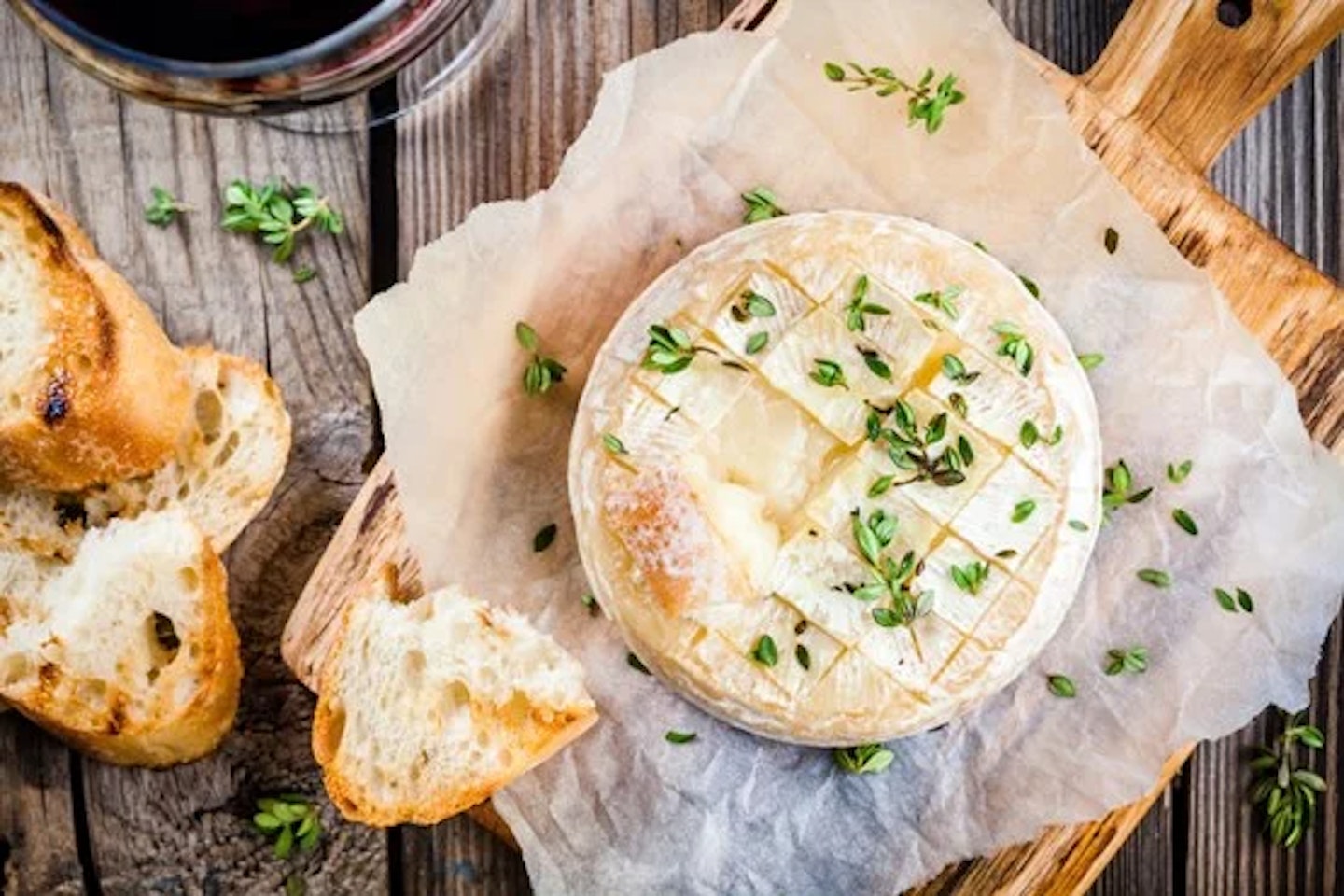 8 of 15
8 of 15Baked camembert
While camembert is normally not safe to eat in pregnancy as it’s a soft, rind cheese, bake it in the oven until it’s piping hot all the way through and you kill off the listeria bacteria that can be dangerous. Get some fresh, crusty bread and dig in.
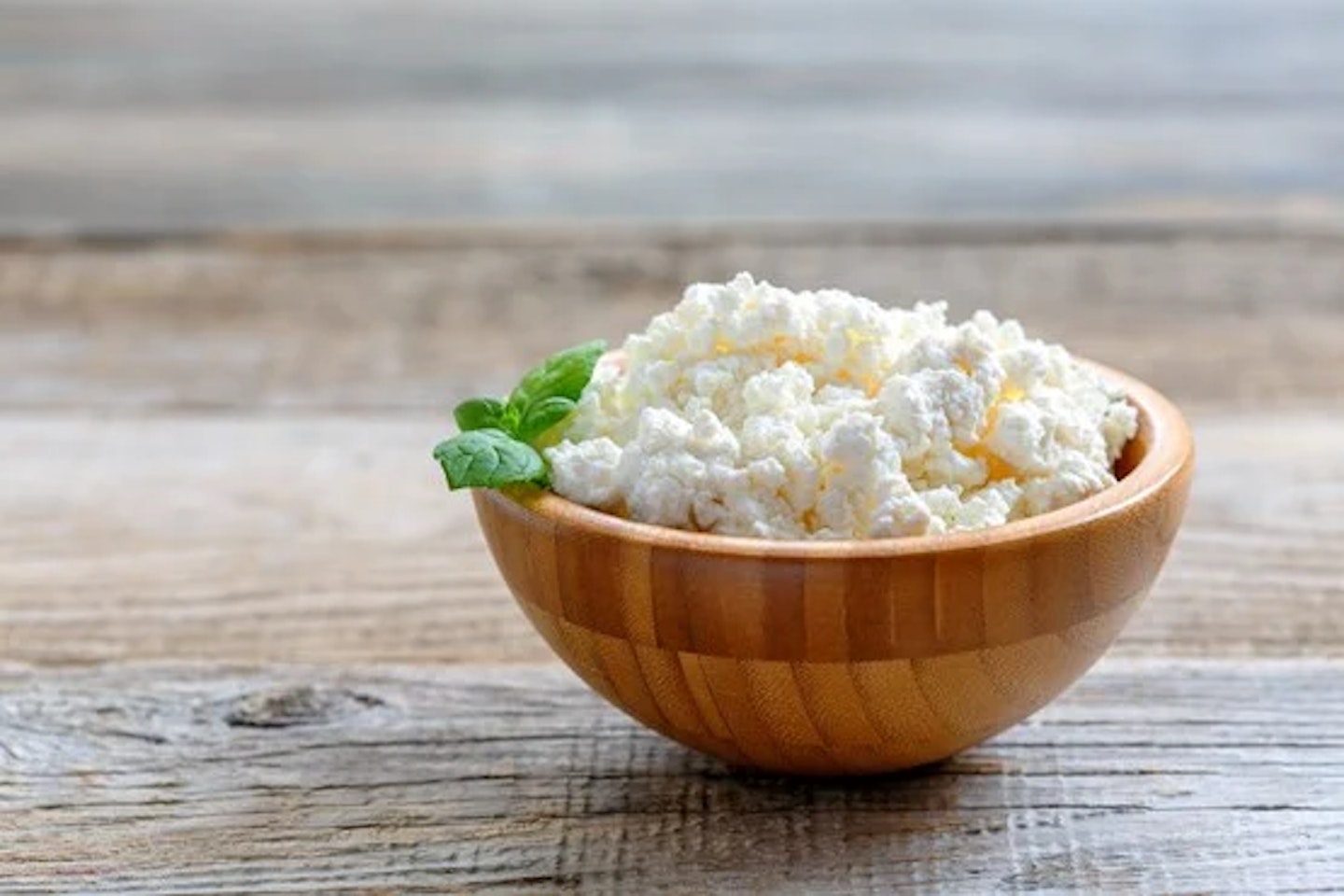 9 of 15
9 of 15Cottage cheese
Classically seen as a “slimmer’s food” because of the low-fat content, cottage cheese is good for adding to jacket potatoes, topping on oatcakes or adding to spicy chicken wraps.
It’s a great food in pregnancy as it’s high in protein, which you need to aid your baby’s growth.
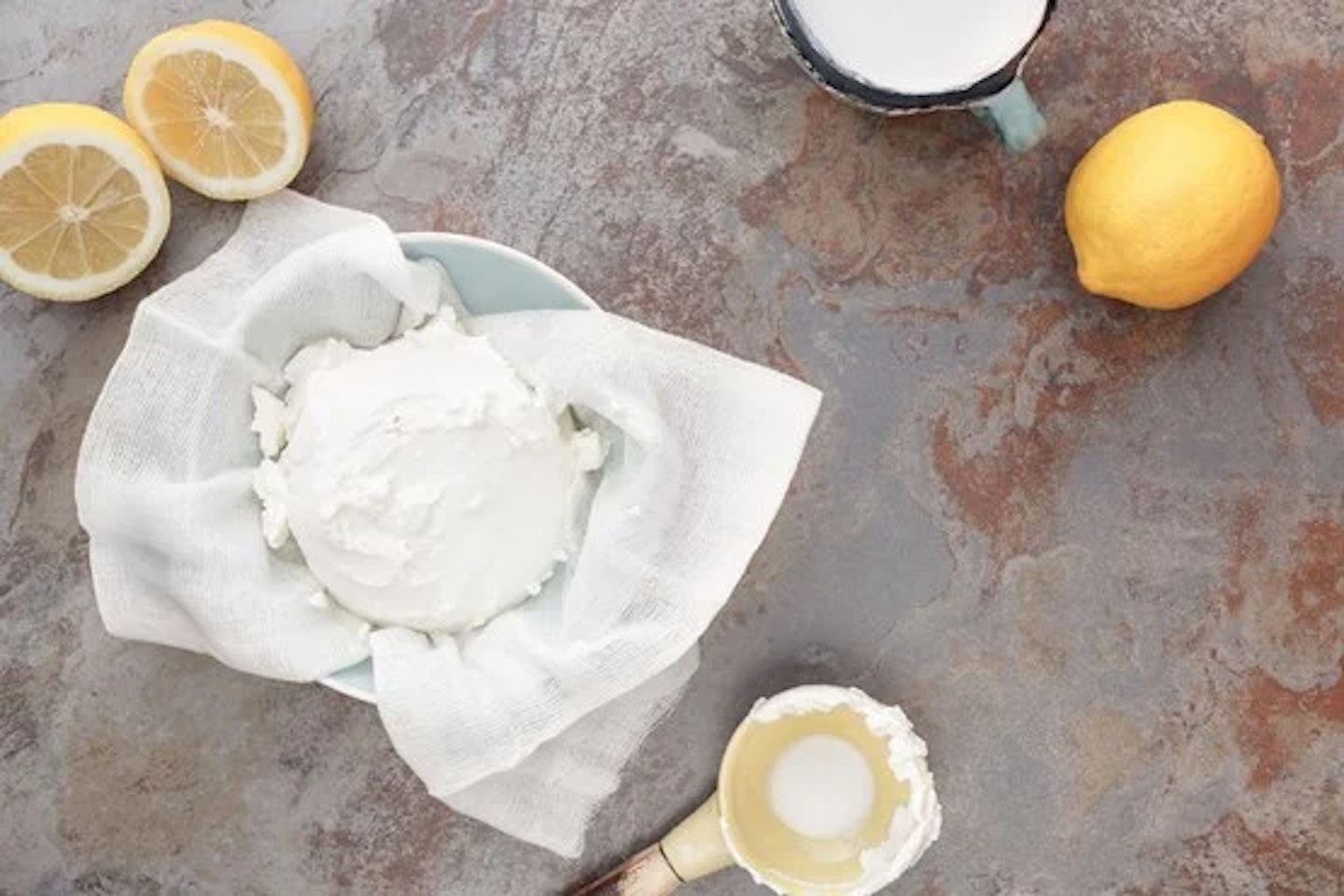 10 of 15
10 of 15Mascarpone
A soft, spreadable cheese that originates from Italy, mascarpone is safe in pregnancy so long as the milk it’s made from is pasteurised.
It has a very mild flavour so can be used in both savoury and sweet flavours for adding creaminess. Try stirring some into this Rigatoni and Courgette pasta dish.
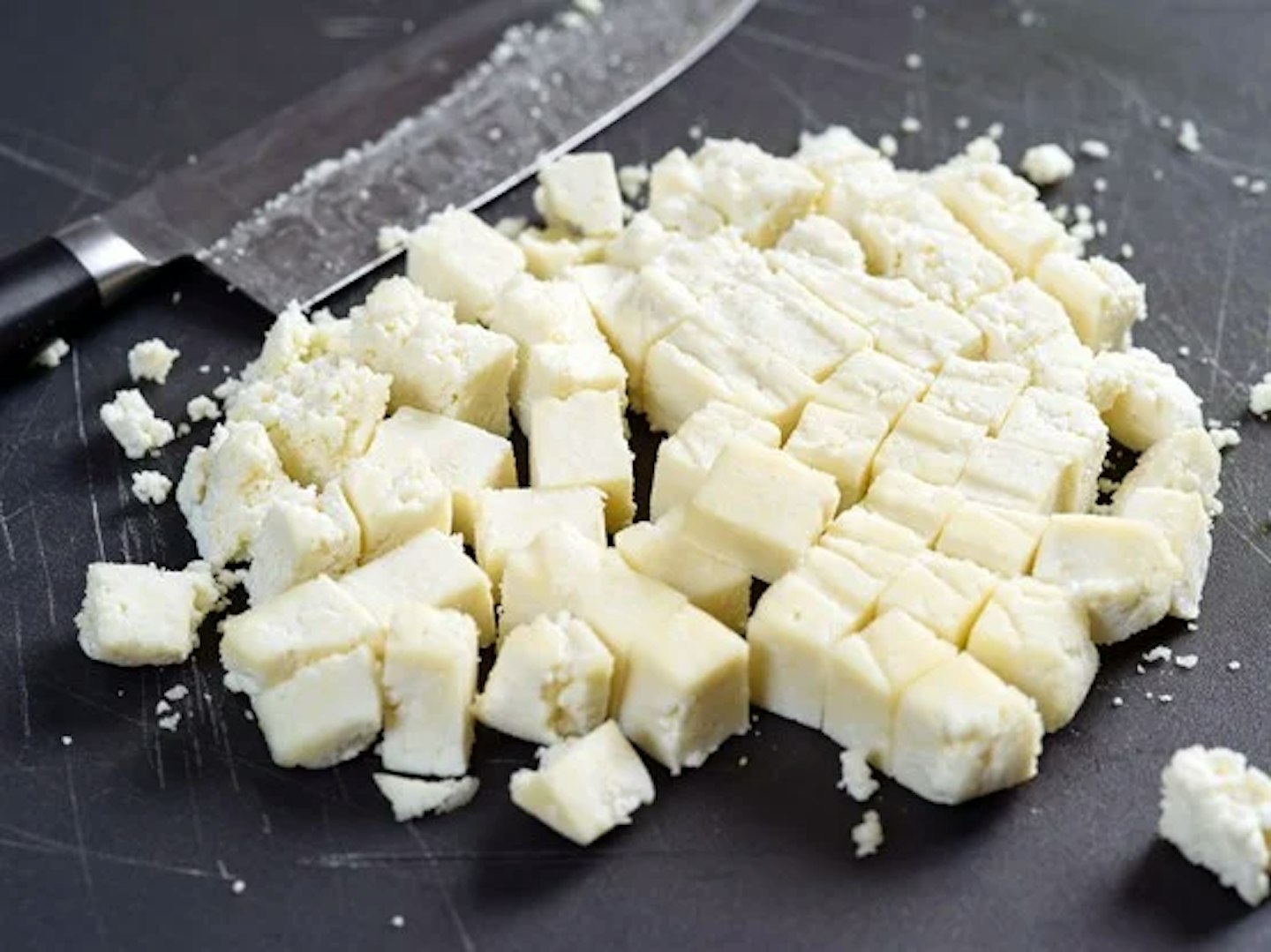 11 of 15
11 of 15Paneer
This classic Indian cheese is often served in curry to add texture, or alongside spinach. It’s mild flavour and slightly chewy texture means it goes well in spicy dishes. Try adding it to this Full-Of-Sunshine Thai Curry Recipe.
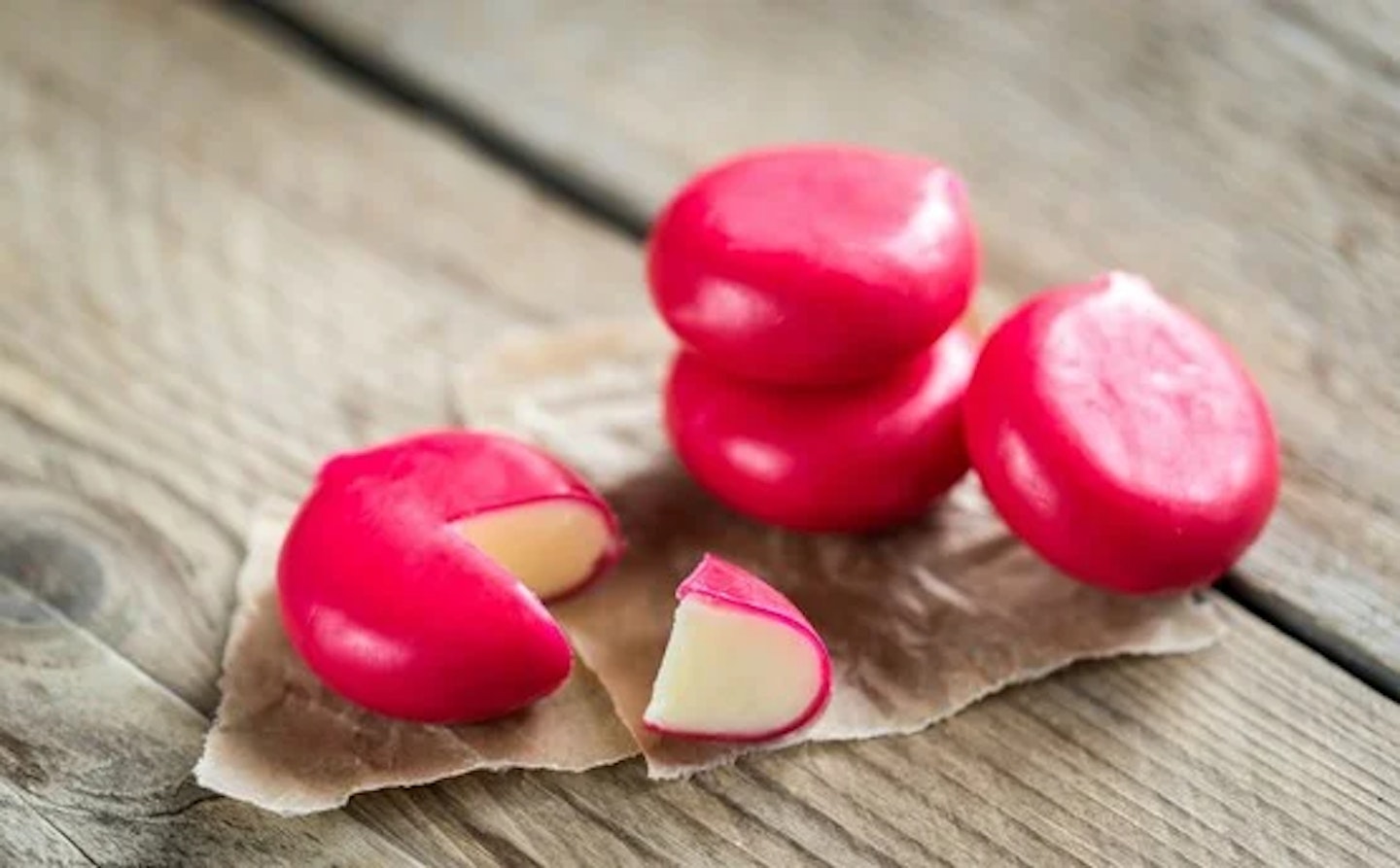 12 of 15
12 of 15Edam
This Dutch cheese is mild and creamy so ideal for a quick cheese on toast snack.
Mini Edam cheeses such as Babybel make great snacks to keep you going through the day (for you as well as your kids!)
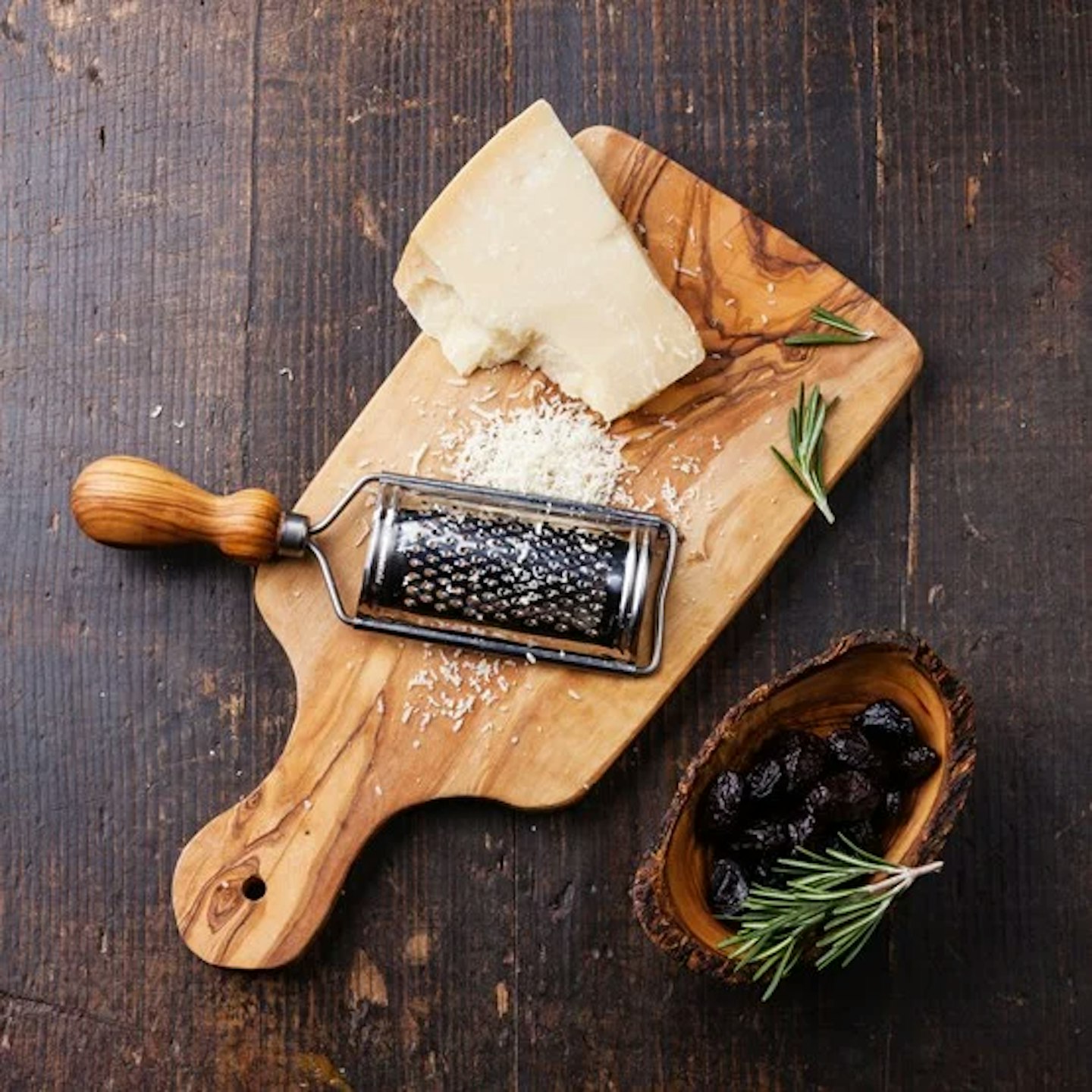 13 of 15
13 of 15Parmesan
Harder cheeses tend to carry the lowest risk of listeria, so a very hard cheese such as Parmesan (or pecorino) is fine to eat in pregnancy.
Try grating slithers into a salad or sprinkling finely grated Parmesan over pasta dishes like this Pappardelle al Ragu.
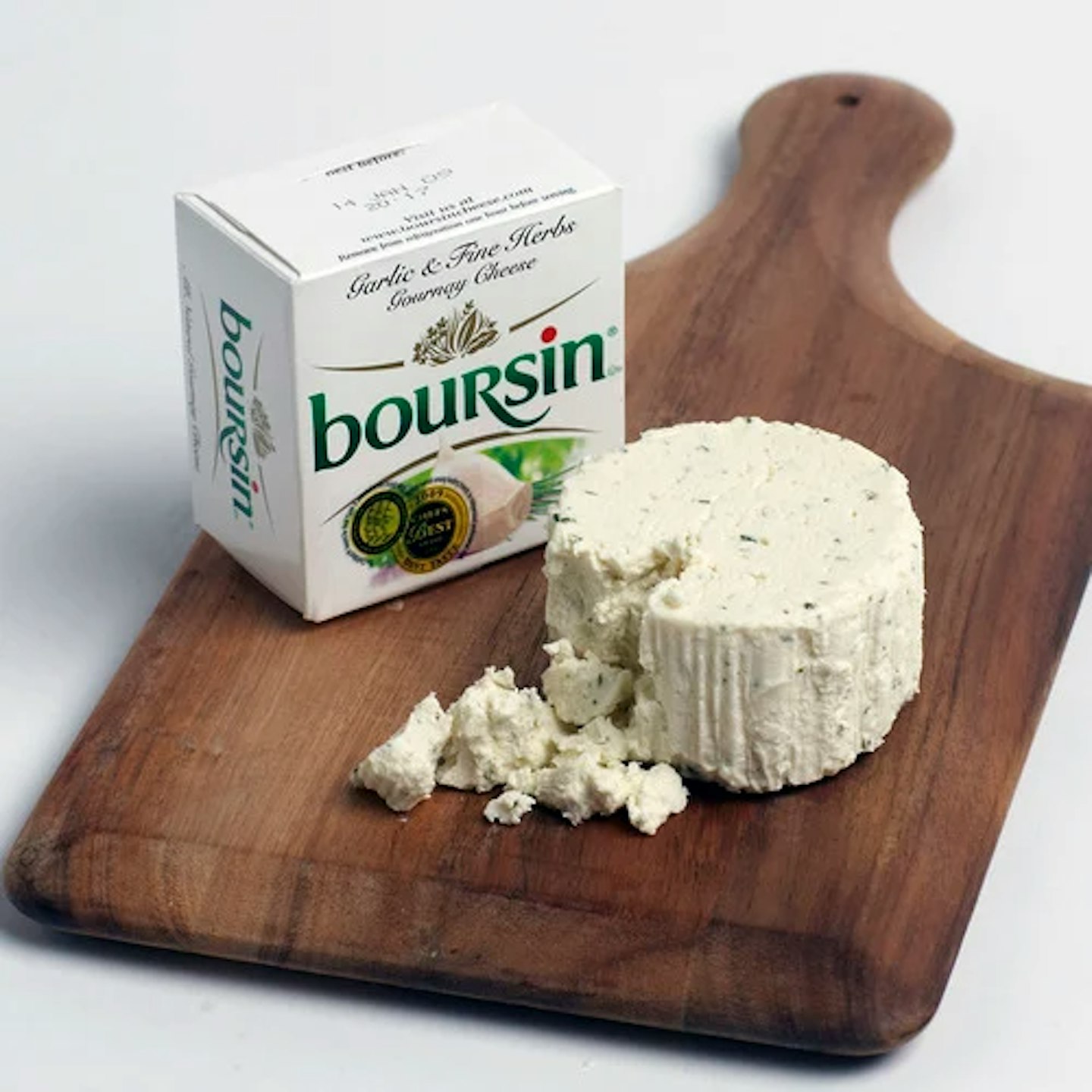 14 of 15
14 of 15Garlic and herb roulade
Although it’s a soft cheese, garlic and herb roulade cheese is safe to eat in pregnancy so long as it’s made with pasteurised milk. Perfect for spreading on a baguette or mixing into a cheese sauce for added flavour.
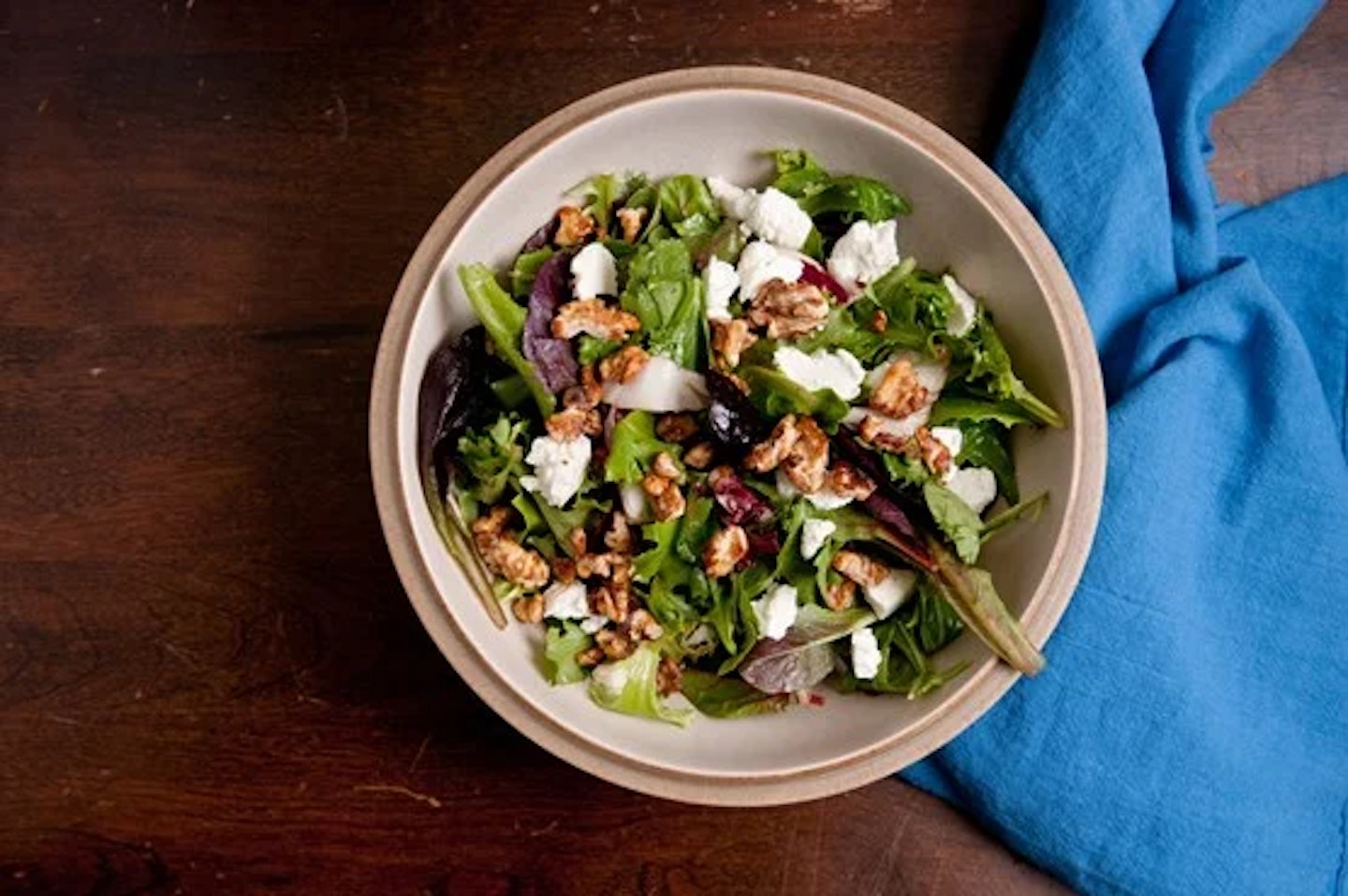 15 of 15
15 of 15Goat’s cheese without rind
While goat’s cheese with a rind (Chevre) is not safe, you can also buy varieties that are rindless, and these are safe in pregnancy. Try this Rosemary-Roasted Butternut, Courgette, Amaranth And Barley Couscous Salad recipewith goat’s cheese.
Which cheese should I avoid in pregnancy?
Many soft cheeses shouldn't be consumed when you're pregnant including brie, camembert and chèvre (a type of goat’s cheese).
As well as these, you should also avoid Danish blue cheese, gorgonzola and roquefort.
These soft, moist cheeses allow listeria bacteria to grow on them and although it's very rare, in some cases you can catch an illness called listeriosis from this cheese which may harm your unborn baby. This is why there are only certain cheesecakes you should eat while pregnant.
The good news? You can enjoy any of these cheeses if they're cooked! So if you fancy a melting camembert with some bread, just ensure it's piping hot (not just melting) before you eat it.
What about vegan cheese?
Generally, vegan cheese is safe to eat while you're pregnant, however, they aren't going to provide a good source of calcium and they can often be highly processed.
According to Penny, vegan cheese is usually safe to consume in pregnancy.
‘It's always advisable to do a thorough check of the ingredients and contact a medical practitioner if you’re at all concerned. In order to boost calcium levels if you’re having a vegan pregnancy you can consume more of the following foods, which are all rich in calcium: dark green leafy vegetables, pulses, fortified unsweetened soya, rice and oat drinks, brown and white bread, calcium-set tofu, sesame seeds and tahini, dried fruit.’
